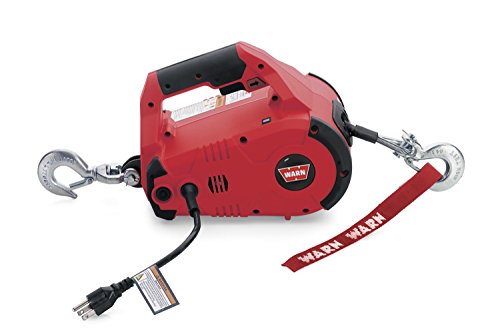Ansimp...so all those yellow wires touching each other when the plug melts won't cause the stator to fail? :nea: This is the first time you've posted anything on any forum that I just don't believe. No Sir, I don't like it.
~O~
~O~












Well I know nothing about the principles being discussed here, but I've seen enough posts supporting the three wire conversion. Bike that have had it done don't have stator problems and ones with bad stators often have melted plugs.[url=https://www.classicgoldwings.com/forum/viewtopic.php?p=84957#p84957:20z04bf1 said:Ansimp » Thu Jun 13, 2013 8:44 pm[/url]":20z04bf1]Omega all it does is reduce a phase out put. they are all positive and is there nothing to short to when you join positives together. Remember a short is a flow path to ground. When I do a high current stator test I take a phase pair and apply negative to one leg and positive to the other. If the windings of a phase fail and you have a short to ground then in most cases the corresponding diode in the rectifier will fail reducing output. The stators are dumb robust devices that may loose the lacquer insulation over time that may cause a short but in the majority of cases they don't fail. Good testing procedures would prove this. Have a look at Joe's posts with Hooch and you will see all the possible failures than can occur in the connections.
Enter your email address to join: